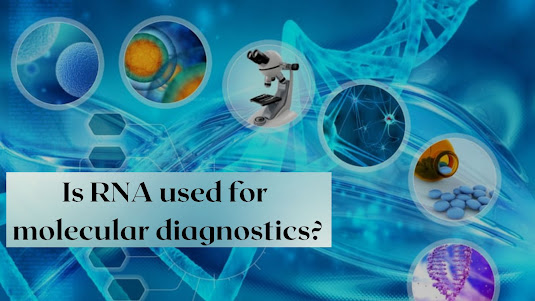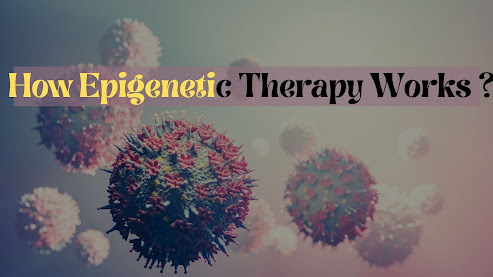Does methylation increase with age?

DNA methylation is essential for silencing retroviral rudiments, regulating towel-specific gene expression, genomic imprinting , and X chromosome inactivation. Importantly, DNA methylation in different genomic regions may ply different influences on gene conditioning grounded on the underpinning inheritable sequence. In shops and other organisms, DNA methylation is set up in three different sequence surrounds CG (or CpG), CHG or CHH (where H correspond to A, T or C). In mammals still, DNA methylation is nearly simply set up in CpG dinucleotides, with the cytosine's on both beaches being generally methylated. DNA methylation can be told by environmental factors similar as diet, hormones, stress, medicines, or exposure to environmental chemicals, suggesting that environmental factors may contribute to adverse neurodevelopmental issues of applicability to ASD via goods on DNA methylation in the developing brain. The seven DNA methylation modifier genes that we studied were DN...





